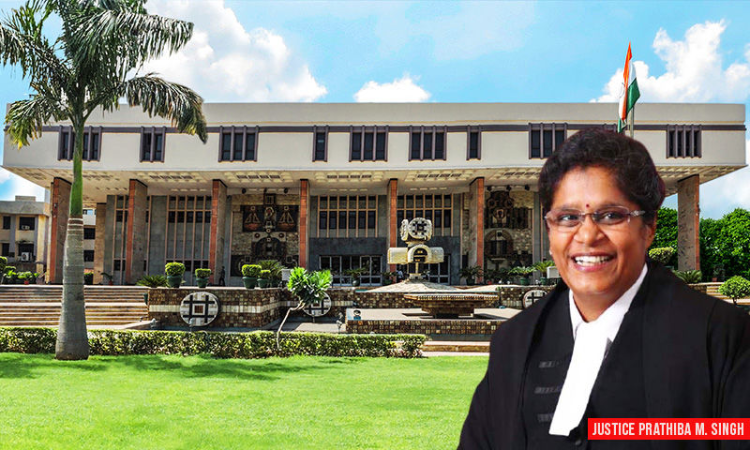The Delhi High Court has held that the mere non-drawing of a formal decree, and objections which are raised later by the party to the compromise in order to resile from it, are no grounds which can be taken by the Executing Court to dismiss the execution of a Compromise Deed.Justice Pratibha M Singh also added that the mere act of not drawing a formal decree in respect of the settlement would...

